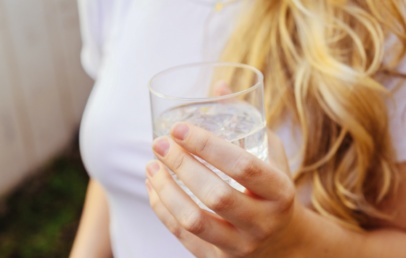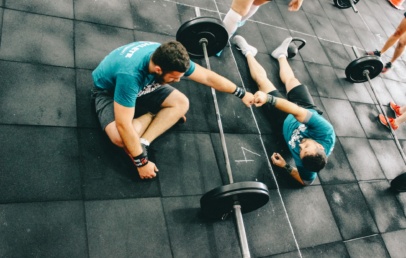
A common eating pattern that alternates between eating and fasting, intermittent fasting (IF) is used to improve energy levels, manage weight, and maintain metabolic health. Many people wonder what is appropriate to drink during the fasting window, even though food is obviously prohibited during that time.
The most important thing to keep in mind is that any beverage that has calories or causes an insulin reaction could cause you to break your fast. Nonetheless, there are a number of drinks that are advantageous and safe to consume during a fast. This comprehensive list of 11 fluids that are acceptable during fasting will help you stay hydrated, focused, and on course for your objectives.
1. Plain Water (Still or Sparkling)
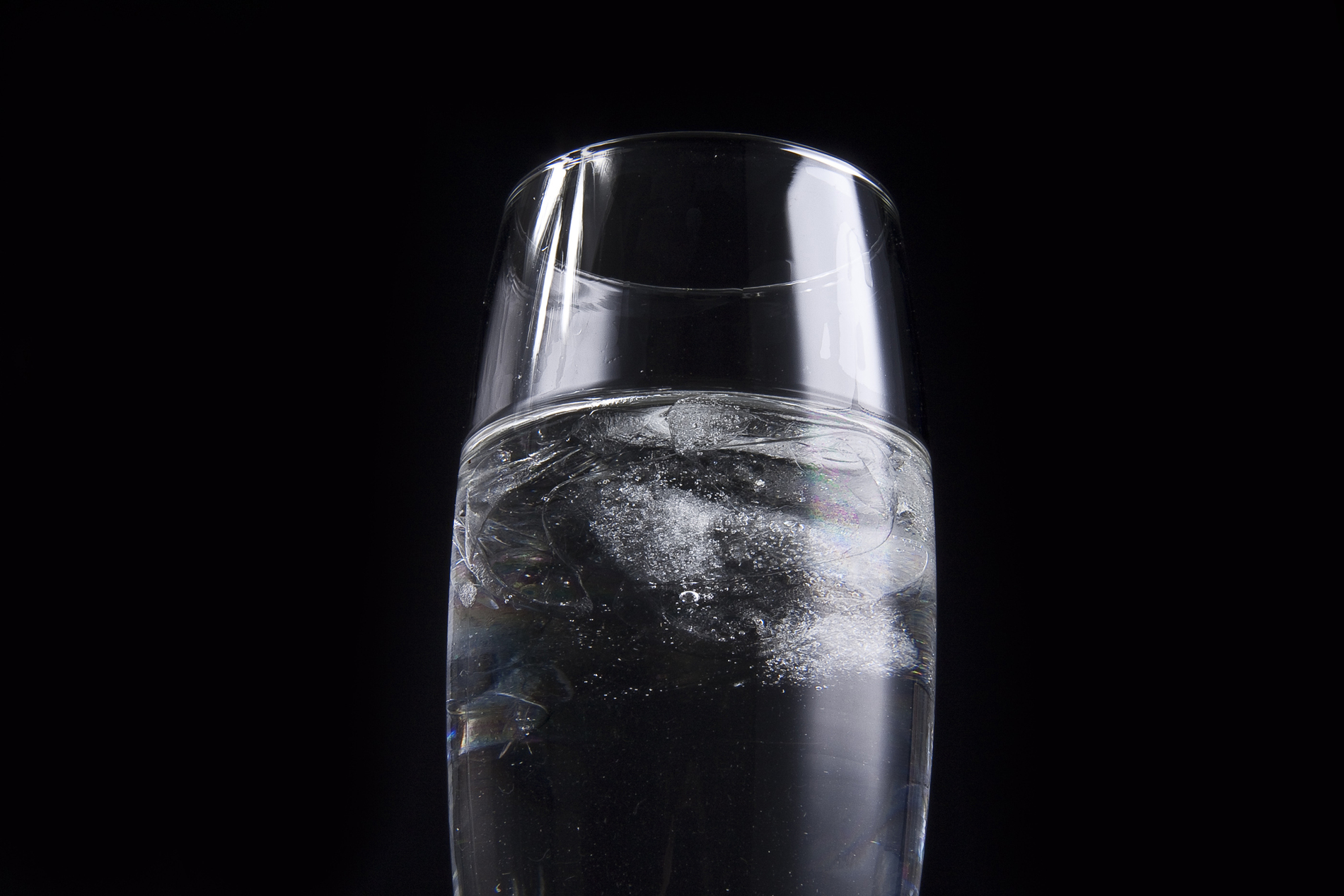
The cornerstone of any fasting regimen is water. It helps you feel less hungry, supports cellular function, keeps you hydrated, and has no calories. As long as there are no added sugars or artificial sweeteners, both still and sparkling (carbonated) water are suitable. Small amounts of lemon or cucumber are acceptable because they have very few calories and won’t interfere with your fast.
2. Mineral Water

Natural minerals such as sodium, calcium, and magnesium can be found in mineral water. Particularly during longer fasts, these can support electrolyte balance maintenance. Additionally, drinking mineral water can lessen the likelihood of fatigue or cramping in the muscles.
3. Black Coffee

One of the most common drinks drank during a fast is black coffee. It has only two or fewer calories per cup, and because of its caffeine content, it can actually aid in the fasting process by decreasing appetite and increasing metabolic rate. Steer clear of adding sugar, milk, cream, or flavored syrups as these will disrupt your fast.
4. Unsweetened Tea

As long as it is unsweetened and devoid of additives, tea of any kind—black, green, oolong, white, or herbal—is safe to consume while fasting. Particularly green and black teas have antioxidant properties and may help with fat oxidation and metabolism. Certain herbal teas, like chamomile or peppermint, can also aid in digestion and have a calming effect.
5. Apple Cider Vinegar (Diluted)
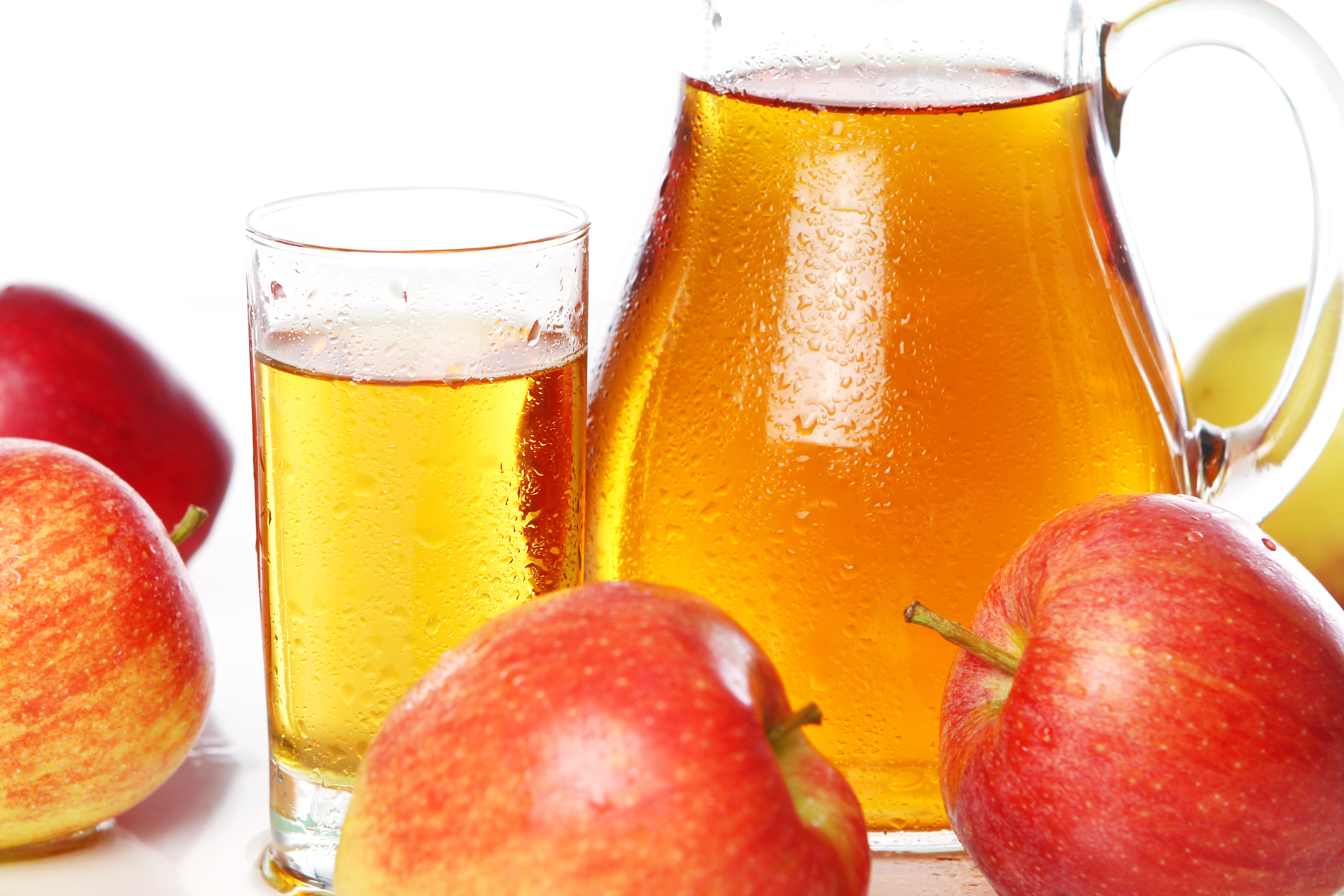
Due to its potential to suppress appetite and stabilize blood sugar, diluted apple cider vinegar (ACV) is frequently used during fasting. It is generally regarded as safe to add one or two teaspoons of ACV to a large glass of water while fasting. Because ACV is so acidic, you should always dilute it thoroughly to prevent tooth damage and stomach irritation.
6. Electrolyte Water (Unsweetened and Zero-Calorie)

Electrolyte depletion can become a problem during fasting, particularly if it is coupled with prolonged fasts or exercise. To help maintain appropriate electrolyte and hydration levels, you can mix a sugar-free, calorie-free electrolyte supplement into your water. To steer clear of calories, sweeteners, or hidden sugars, be sure to carefully read labels.
7. Salt Water or Sole Water
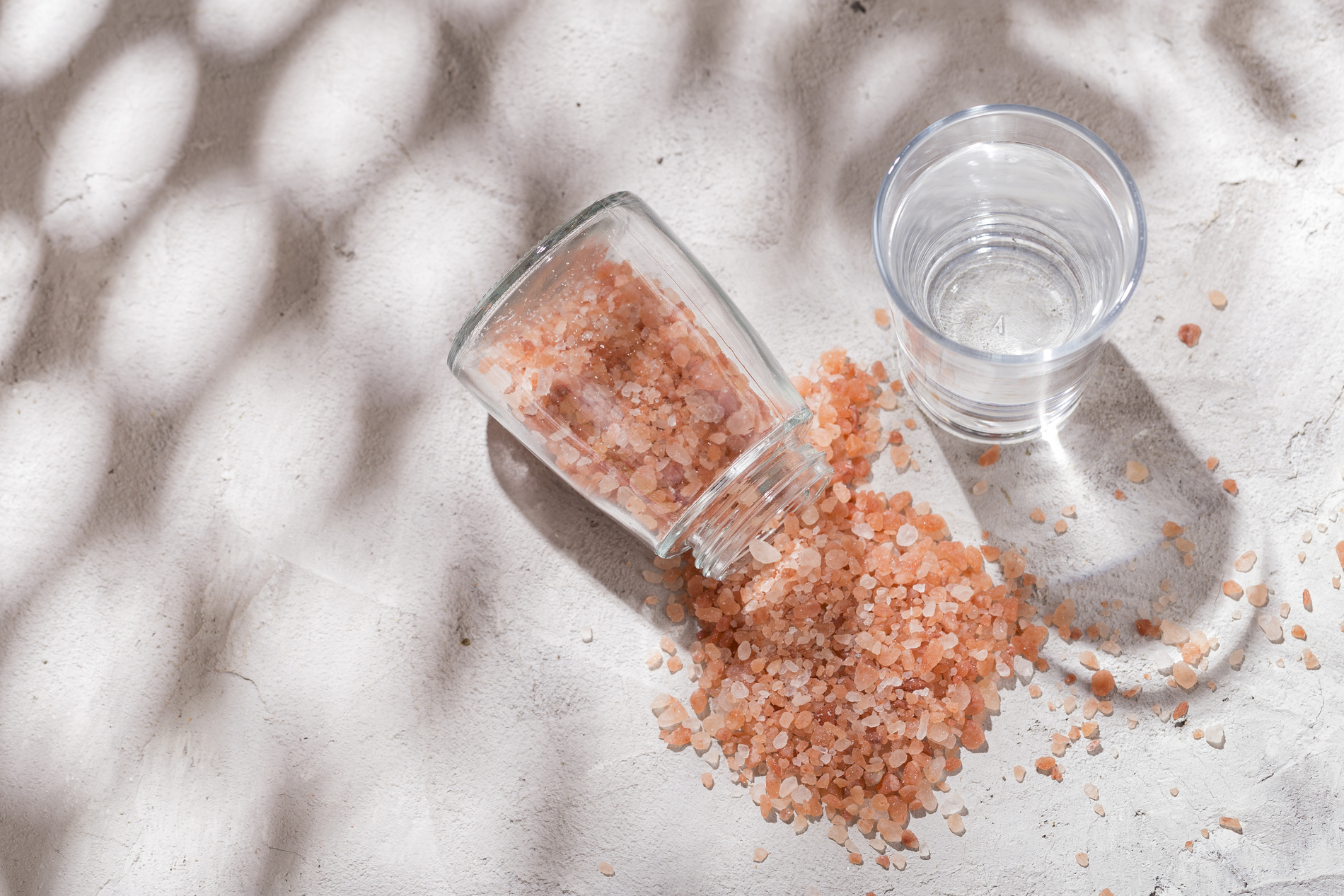
Natural salt, like pink Himalayan salt, is combined with water to make sole water, which is a mineral-rich mixture. In order to restore sodium and lessen symptoms like fatigue or lightheadedness, this can be especially beneficial during extended fasting.
8. Iced Tea (Unsweetened)

Like hot tea, unsweetened iced tea is a good beverage to have while fasting. It’s a cool substitute for post-workout hydration or warmer climates. Store-bought types should be avoided since they frequently have added sugars or sweeteners.
9. Infused Water with Cinnamon or Ginger

You can naturally flavor your water without adding a lot of calories by adding cinnamon sticks or fresh ginger. These components are particularly appropriate for fasting periods because they may also offer advantages like decreased inflammation or enhanced insulin sensitivity.
10. Diluted Lemon Water

Generally speaking, a few drops of lemon juice in water—not the entire lemon juice—is acceptable when fasting. It has very few calories and can enhance flavor and decrease hunger without interfering with your fasting state. Steer clear of premade lemonades or waters because they frequently contain artificial flavorings or sugar.
11. Naturally Flavored Sparkling Water (No Sweeteners)

Certain sparkling water brands provide a natural fruit essence free of calories, sugar, and sweeteners. These can give your fasting regimen a little variation, but it’s important to check the ingredient list to make sure the drink is actually safe to consume while fasting.
Fluids to Avoid During a Fasting Window
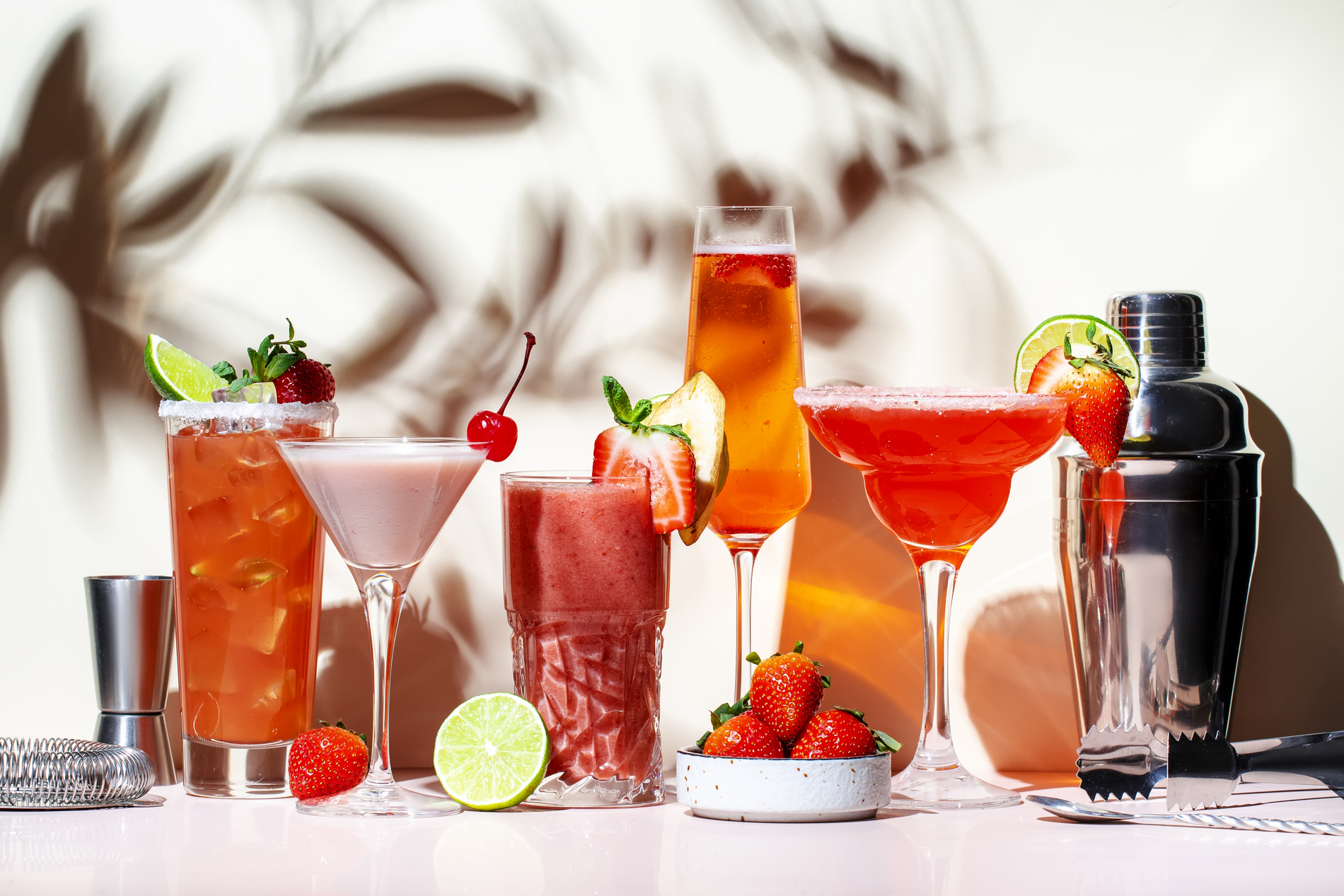
Although the aforementioned choices are usually safe, the following drinks will disrupt your fast and should be avoided when fasting:
- Fruit juices, including freshly squeezed ones
- Milk or milk substitutes, even in tiny quantities
- Protein shakes or smoothies
- Bone broth (protein and calories)
- Natural sugars found in coconut water
- Diet sodas or beverages that contain artificial sweeteners may cause some people to react insulinically.
Whether you’re fasting for metabolic health, mental clarity, or weight management, being mindful about your fluid intake is a powerful way to maximize your results and make the experience more manageable.



